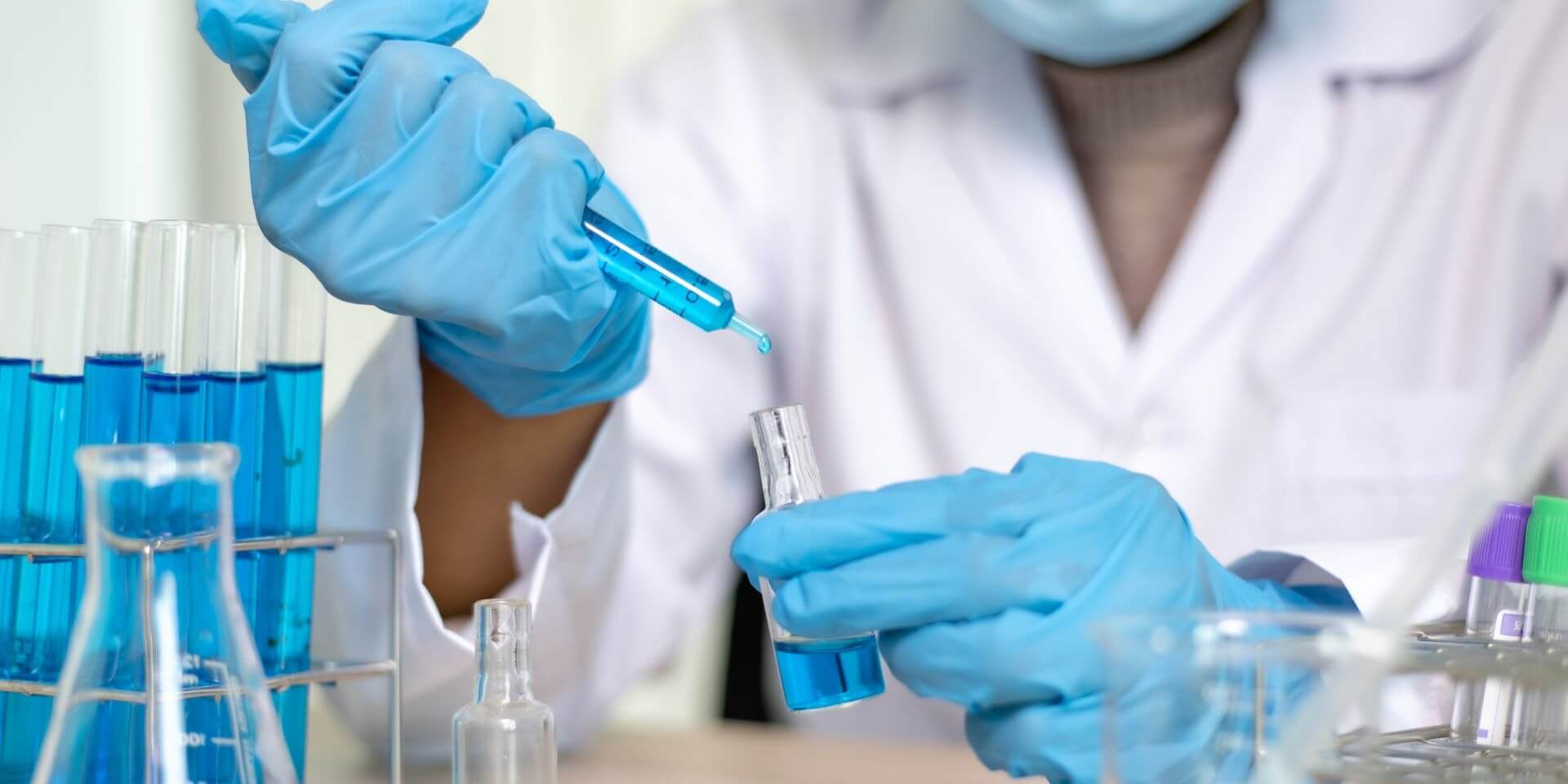The State of the Global Islamic Economy 2023/24 Report highlights significant developments and opportunities in the halal pharmaceutical industry.
The report highlights noteworthy growth in Muslim consumer spending on pharmaceuticals, indicating a notable increase in demand for halal pharmaceutical products.
In 2022, Muslim consumer spend on pharmaceuticals reached $108 billion, reflecting a 7.8% growth from the previous year.
The largest markets for Muslim consumer spend on pharmaceuticals were Türkiye, Saudi Arabia, and the US. Projections indicate that Muslim spend on pharmaceuticals is expected to reach $142 billion by 2027, with a forecasted compound annual growth rate (CAGR) of 5.7%.
Government initiatives in Southeast Asian and European countries have taken center stage, dominating the halal pharma ecosystem. Noteworthy investments are pouring into the local pharmaceutical manufacturing industry, with Middle Eastern and Southeast Asian countries leading the charge. Among standout initiatives are SaudiVax's groundbreaking move to become the first manufacturer of halal vaccines in Saudi Arabia, while Indonesia has successfully launched its first homegrown halal-certified Covid-19 vaccine.
Building stronger local health resilience and boosting economies are driving forces behind major pharmaceutical industry localization projects. Significant efforts are concentrated across GCC and Southeast Asian nations, with Abu Dhabi’s M42 and Saudi Arabia’s Lifera at the forefront of advancing medical research and local pharmaceutical manufacturing.
The industry is witnessing robust growth through strategic partnerships and collaborations. Notable examples include China and Indonesia's joint investment of $120 million in Indonesian pharmaceutical companies, South Korean joint ventures for pharmaceutical businesses in Indonesia, and a surge in funding for digital health startups.
The traceability of drugs is highlighted as crucial for maintaining product integrity in the pharmaceutical industry, with the UAE launching a new national drug tracking system and Nigerian company Chekkit securing funding to expand its blockchain-powered drug-tracking solution across Africa and the Middle East. Additionally, there is an increasing uptake of AI solutions to accelerate local pharmaceutical manufacturing in OIC countries, which will help advance halal medicine. Although globally harmonized halal standards are not yet in place, the OIC organization SMIIC published a new standard in 2022 covering the manufacturing and transportation of halal pharmaceuticals.
The report also underscores the growing capability of African countries to build their foundation in the halal pharma industry, with the WHO announcing that Egypt’s and Nigeria’s medical product regulatory agencies have reached maturity level 3. It further emphasizes the need for more technical experts knowledgeable about both Shariah and science, as well as the importance of bringing diverse stakeholders into the global halal pharmaceutical harmonization and coordination forum.
Overall, the report presents a comprehensive overview of the current state and prospects of the halal pharmaceutical industry, emphasizing opportunities for collaboration, innovation, and harmonization to drive its growth and development. The industry is expected to scale up and expand, presenting opportunities for global impact investors and sustainable growth in the halal pharmaceutical sector.
The State of the Global Islamic Economy Report 2023/24 produced by DinarStandard can be downloaded here.

